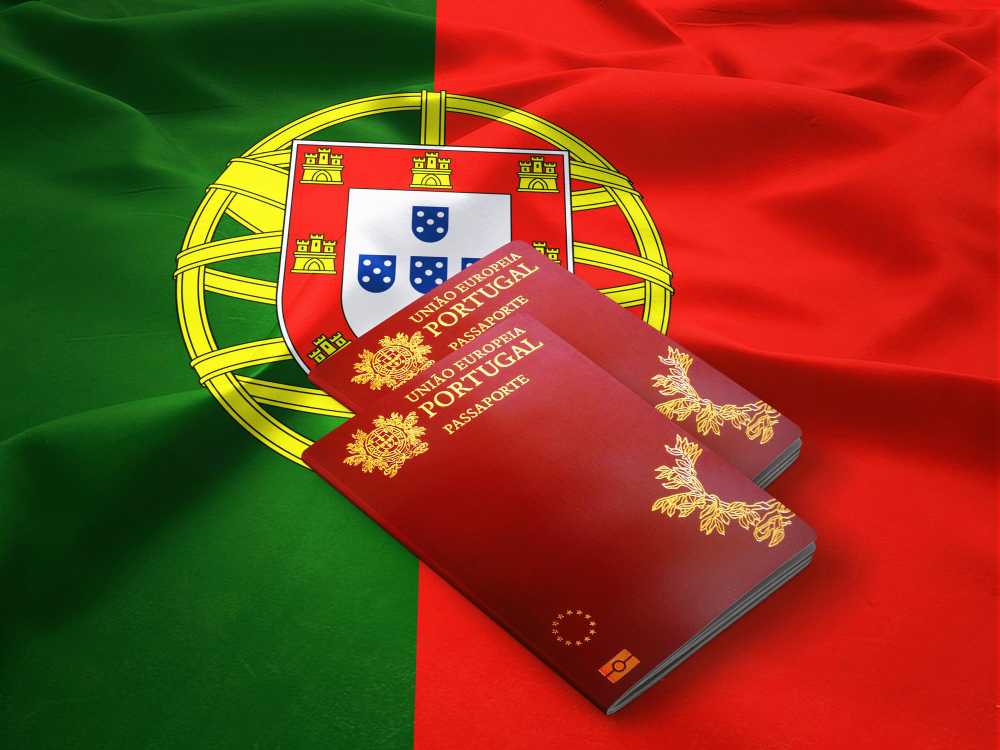Portugal Plans to Tighten Regulations on Citizenship and Family Reunification
Key Highlights
-
Portugal plans to tighten citizenship and family reunification rules as part of broader immigration reforms.
-
Although discussed in a June 14 meeting, the proposed changes have not yet been finalised.
-
Authorities aim to make it more difficult for migrants to count their residence period toward citizenship if that time was spent awaiting legal status.
The Portuguese government has announced its intention to introduce stricter requirements for individuals seeking citizenship and family reunification. The move is part of broader efforts to tighten immigration controls and improve the effectiveness of the country’s migration system.
According to Público, Minister of the Presidency António Leitão Amaro confirmed the plans, stating that Portugal’s Nationality Law must be reviewed—particularly regarding the length of residency required to qualify for citizenship.
Possible Extension of Residency Requirement
Currently, applicants can apply for Portuguese citizenship after five years of legal residency. Under the proposed reforms, this period may be extended to ten years.
A recent petition had called for the period between a migrant’s application for legal residence and its approval to count toward citizenship eligibility. However, discussions during the June 14 meeting suggest the government is leaning toward excluding that period from the calculation, effectively extending the overall wait time for many applicants.
Prime Minister Luís Montenegro, re-elected on June 15, has made reforming immigration policy one of the key goals of his new term.
Family Reunification to Be Restricted
The government also intends to place tighter limits on family reunification, citing concerns about the country’s capacity to integrate new arrivals and maintain efficient public services.
New measures could include:
-
Restricting job-seeking visas to highly qualified migrants
-
Requiring proof of Portuguese language skills for certain immigration procedures
-
Prioritising foreign nationals with valuable skills, as well as Portuguese emigrants and their descendants
Portugal continues to be a top destination for nationals of the Community of Portuguese-Speaking Countries (CPLP), including Brazil, Angola, and Mozambique. Among them, Brazilians form the largest foreign community in Portugal and are expected to be significantly impacted by the proposed reforms, particularly in their ability to bring family members to join them.

